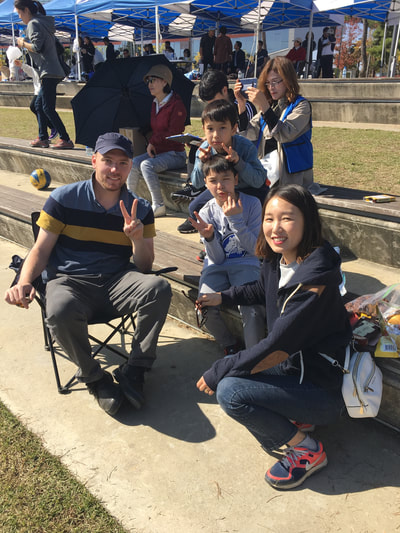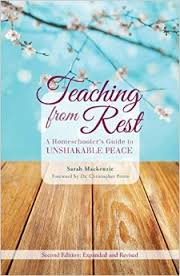I caught the tail-end of Stephen Krashen's plenary session "The Secrets of Hyper Polyglots". He was presenting information from two amazing polyglots who have had a tremendous amount of experience acquiring different languages in different situations. They had written down their own conclusions about second language acquisition. His conclusions included that (a) polyglots understand that the driving force behind language acquisition is: comprehensible input and they recognize the limited role of conscious knowledge of grammar and error correction.
(b) They reject the popular immersion idea that all you need is to “go to the country".
(c) They seek high-interest “compelling” input.
(d) They warn us about striving for perfectionism, both in terms of producing and understanding language.
(e) They urge us to “trust the process.”
In terms of speaking dynamics, I was pleasantly surprised. He was engaging, told a number of jokes and made his points. And I admit I am intrigued by the idea of not having conscious knowledge of grammar. I am not sure I completely agree with him on this point. His polyglots were people who, for the most part, spent their time speaking the language. My students are supposed to be able read, write, listen, and speak in English. They are falling lately in the writing and reading of English because of only basic knowledge of grammmatical forms.
Another session I particularly enjoyed was by the amazing teacher trainer who wrote the Communication Games series from years ago. Jill Hadfield was simply and quickly presenting information from her book Interaction Online. I did notice the connections between the in-class interactions from the Communication Games series with the online interactions she was presenting. There was a logical and categorized progression that she showed before she flashed her book on the screen for less than 30 seconds. I was not the only person more than a little surprised by this. Someone closer to the front was able to ask her to show the slide with the book on it.
Jill Hadfield had another session on Sunday that I was not able to attend. I understand from other KOTESOL members that it was equally amazing. I will be ordering the book closer to Christmas when I have time to read it.
The following weekend I had the pleasure of hosting a Christian Teachers Retreat/Picnic on a beautiful Saturday afternoon.
I was greatly blessed by our small crowd who shared grace, food, educational thoughts, and service ideas for our group. I was blessed by Grant Rush, Jinny and David Toft, Elizabeth Belkour, Jensah and Jeku Aromin, Rosemary Sorg, Hansun Kim, Justin, Aidan, and Jordan and a few others. None of us taught oe led a session. We just had a great discussion on how to share our faith with students, colleagues, and other people within KOTESOL. I came away thinking that I was just as blessed by these people who work and teach regularly as I was by the KOTESOL community and the presenters.
Service opportunities are everywhere here when we really look with our God-given eyes. I look forward to building community with the Christian Teachers Special Interest Group! And to teach and serve in a way that brings honour to God.





 RSS Feed
RSS Feed